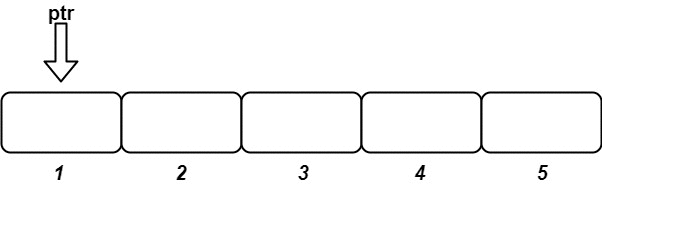1656. 设计有序流
有 n 个 (id, value) 对,其中 id 是 1 到 n 之间的一个整数,value 是一个字符串。不存在 id 相同的两个 (id, value) 对。
设计一个流,以 任意 顺序获取 n 个 (id, value) 对,并在多次调用时 按 id 递增的顺序 返回一些值。
实现 OrderedStream 类:
-
OrderedStream(int n) 构造一个能接收 n 个值的流,并将当前指针 ptr 设为 1 。
向流中存储新的
对。存储后:
- 如果流存储有
id = ptr 的 (id, value) 对,则找出从 id = ptr 开始的 最长 id 连续递增序列 ,并 按顺序 返回与这些 id 关联的值的列表。然后,将 ptr 更新为最后那个 id + 1 。 - 否则,返回一个空列表。
示例:

提示:
-
1 <= n <= 1000 -
1 <= id <= n -
value.length == 5 -
value 仅由小写字母组成 - 每次调用
insert 都会使用一个唯一的 id - 恰好调用
n 次 insert
二、方法一
复杂度分析
- 时间复杂度:O(n)。
- 空间复杂度:O(n)。





















